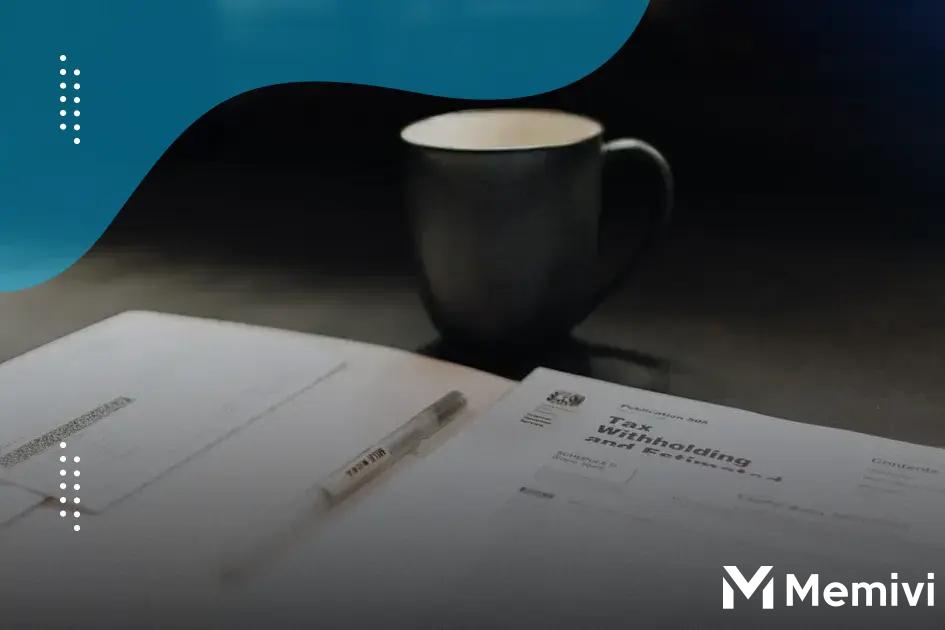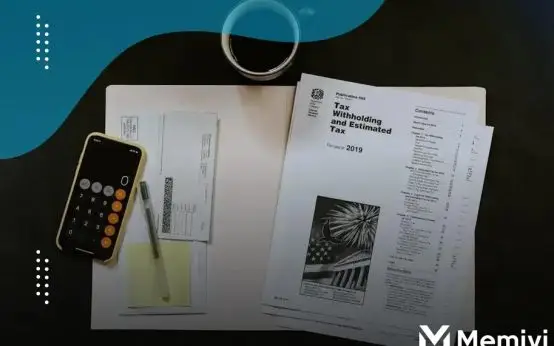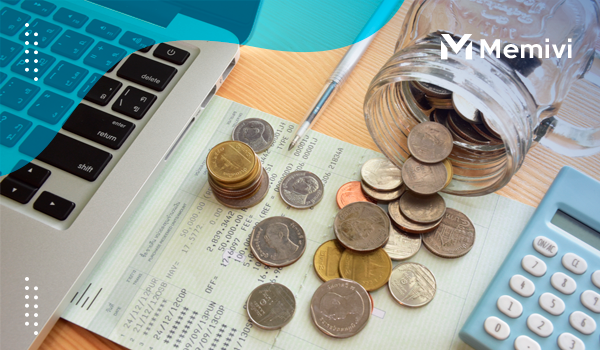
Are you tired of living paycheck to paycheck? Welcome to the ultimate guide to budgeting in the U.S. This guide will walk you through fundamental budgeting strategies to help you break free and gain financial control. In this journey, you’ll discover essential tips and tools to tailor a budget that aligns with your financial goals. Let’s dive into creating sustainable financial plans that ensure your future prosperity.
Understanding the Basics of Budgeting
The ability to effectively manage personal finances starts with understanding how to budget. Budgeting is essentially the process of creating a plan to spend your money. This spending plan is called a budget. A well-constructed budget helps you determine in advance whether you will have enough money to do the things you need to do or would like to do.
Income vs. Expenses
To master budgeting, you need to get a grip on both your income and expenses. Start by calculating your total monthly income from all possible sources, including your salary, any side gigs, rental income, or any other sources of regular income. Next, list all your monthly expenses, including rent, utilities, groceries, transportation, and any subscriptions.
Types of Expenses
Understanding your expenses involves distinguishing between fixed and variable costs. Fixed expenses remain unchanged every month, like your rent or mortgage, whereas variable expenses may fluctuate, such as groceries or entertainment costs. Additionally, don’t forget about occasional costs like insurance premiums, car maintenance, or healthcare expenses, which can be categorized as periodic expenses.
Setting Financial Goals
Setting clear financial goals provides you direction. These goals guide your spending and saving decisions. Whether it’s saving for a vacation, paying off debt, or building an emergency fund, your goals will motivate you to stick to your budget.
Creating a budget involves ongoing assessment and adjustment of your spending based on actual income and expenses. It serves as a blueprint for you to maintain a balance between your spending and saving, ensuring you live within your means while paving the path for financial growth and security.
Creating a Personalized Budget Plan

Create a Personalized Budget
One of the best ways to manage your finances effectively is by creating a personalized budget plan that caters to your unique needs and goals. Begin by identifying your income sources. This includes your salary, any freelance work, or other income streams. Knowing exactly how much money you have coming in every month is crucial.
Next, list your fixed expenses. These are costs that don’t change every month, like rent, insurance, and subscriptions. Categorizing these ensures that you set aside the necessary amount before spending on other things.
After accounting for fixed expenses, track variable expenses. These include groceries, dining out, entertainment, and other day-to-day purchases. To manage these effectively, you might consider setting spending limits on categories where you tend to overspend.
Allocate a portion of your income to savings and emergency funds. Set realistic goals for how much you want to save each month, and make this a priority. Having reserves can help you avoid financial stress due to unexpected expenses.
Finally, review and adjust your plan regularly. As your financial situation changes, your budget should too. By consistently evaluating your expenses and income, you can make the necessary adjustments to stay on track and avoid feeling restricted. This iterative process helps ensure that your budget remains aligned with your financial goals and lifestyle.
Tips for Sticking to Your Budget
One crucial aspect of budgeting is learning how to stick to it effectively. Maintaining discipline can sometimes be challenging, but there are several strategies that can help you stay on track.
- Set Clear Goals: Having clear financial goals, whether it’s saving for a vacation or paying off debt, provides motivation and a roadmap for your budgeting efforts. Break these goals into smaller milestones to make them more manageable.
- Track Your Spending: Regular monitoring of your spending habits can offer insights into where your money goes. Use apps or spreadsheets to log your transactions, which helps you stay conscious of your budget limits.
- Review and Adjust Regularly: Budgets are not static. Life changes, and your budget should reflect this. Regularly review your budget and make adjustments as needed to ensure it aligns with your financial situation and goals.
- Cut Unnecessary Expenses: Evaluate your current spending and identify areas where you can cut back. This might involve dining out less, canceling unused subscriptions, or finding cheaper alternatives for services you use.
- Use Cash Envelopes: For categories where you tend to overspend, consider using the cash envelope system. Allocate a set amount of cash for these expenses and once the envelope is empty, refrain from spending in that category.
- Reward Yourself: It’s important to celebrate small victories. Allocate a portion of your budget for rewards and treat yourself when you achieve a financial goal. This helps maintain motivation and reduces the feeling of restriction.
- Stay Accountable: Share your budget goals with a friend or family member who can offer support and encouragement. Having someone to check in with can provide added motivation to stick to your plan.
By incorporating these strategies into your routine, you can effectively stick to your budget without feeling deprived, ultimately taking control of your finances with confidence.
Tools and Resources to Simplify Budgeting

Managing finances can be daunting without the right tools and resources. Luckily, there are various options available to make budgeting simpler and more effective. Budgeting apps like Mint, YNAB, and PocketGuard help track your spending in real-time, categorize expenses, and set financial goals. They provide a comprehensive overview of your finances, helping to pinpoint where adjustments might be needed. Additionally, many apps offer alerts for upcoming bills and reminders to save.
Spreadsheets are another valuable resource for those who prefer a more hands-on approach. Platforms like Excel or Google Sheets provide templates to record your income, expenses, and savings manually. This method can be particularly useful for those who enjoy customizing their budgeting process.
Financial advisors offer personalized guidance for more complex financial planning needs. They can help with retirement planning, debt management, and investment strategies, providing expertise beyond basic budgeting knowledge.
For educational resources, consider utilizing online courses and workshops focused on financial literacy. Websites like Khan Academy and Coursera offer free classes on money management and budgeting. Books such as ‘The Total Money Makeover’ by Dave Ramsey also provide valuable insights into effective financial habits.
Government websites and non-profits, such as the Consumer Financial Protection Bureau, offer free advice and tools to assist in budget planning, ensuring access to reliable information at no cost.



 Long Term Financial Planning How Americans Can Secure Their Future <p class='sec-title' style='line-height: normal; font-weight: normal;font-size: 16px !important; text-align: left;margin-top: 8px;margin-bottom: 0px !important;'> This article explains how Americans can approach long-term financial planning strategically to secure their future and reduce uncertainty. </p>
Long Term Financial Planning How Americans Can Secure Their Future <p class='sec-title' style='line-height: normal; font-weight: normal;font-size: 16px !important; text-align: left;margin-top: 8px;margin-bottom: 0px !important;'> This article explains how Americans can approach long-term financial planning strategically to secure their future and reduce uncertainty. </p>  Money Management Tips Every American Should Know In 2026 <p class='sec-title' style='line-height: normal; font-weight: normal;font-size: 16px !important; text-align: left;margin-top: 8px;margin-bottom: 0px !important;'> This article outlines essential money management tips Americans should understand to navigate rising costs, economic uncertainty. </p>
Money Management Tips Every American Should Know In 2026 <p class='sec-title' style='line-height: normal; font-weight: normal;font-size: 16px !important; text-align: left;margin-top: 8px;margin-bottom: 0px !important;'> This article outlines essential money management tips Americans should understand to navigate rising costs, economic uncertainty. </p>  How To Choose The Right Credit Card Based On Your Financial Profile <p class='sec-title' style='line-height: normal; font-weight: normal;font-size: 16px !important; text-align: left;margin-top: 8px;margin-bottom: 0px !important;'> This article explains how Americans can choose the right credit card by aligning features, costs, and rewards </p>
How To Choose The Right Credit Card Based On Your Financial Profile <p class='sec-title' style='line-height: normal; font-weight: normal;font-size: 16px !important; text-align: left;margin-top: 8px;margin-bottom: 0px !important;'> This article explains how Americans can choose the right credit card by aligning features, costs, and rewards </p>